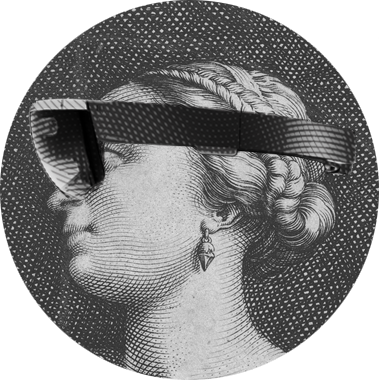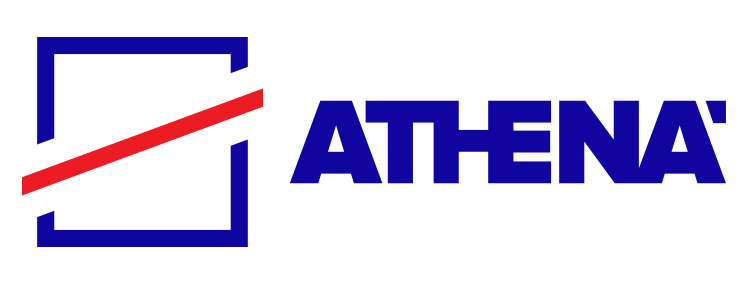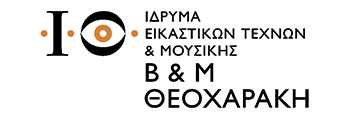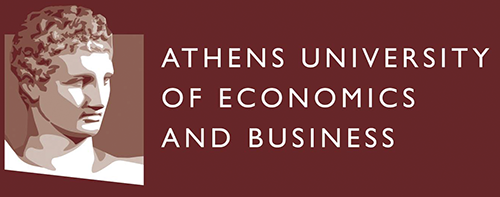ΘΑΛΕΙΑ: Ψηφιακή εργαλειοθήκη για την ανάλυση, προβολή και προστασία του ελληνικού πολιτιστικού αποθέματος σε μικρούς πολιτιστικούς οργανισμούς

Σκοπός
Το έργο Θάλεια αφορά στην ανάπτυξη μιας ολοκληρωμένης ψηφιακής εργαλειοθήκης για την υποστήριξη των μικρότερων πολιτιστικών φορέων. Το ολοκληρωμένο ψηφιακό σύστημα υποστηρίζει τη λήψη αποφάσεων περιλαμβάνοντας α) έναν οδηγό για τη διαχείριση των περιουσιακών στοιχείων και της επικοινωνιακής στρατηγικής του πολιτιστικού φορέα και β) ψηφιακά εργαλεία διαχείρισης. Το έργο έχει σχεδιαστεί ώστε να προάγει ένα καινοτόμο, βιώσιμο οικονομικό μοντέλο βασισμένο στον κύκλο προστασίας και διατήρησης των υπαρχόντων πολιτιστικών συλλογών και μπορεί να υποστηρίξει την παραγωγή νέων εσόδων από υλικά και άυλα πολιτιστικά αγαθά σε τοπικό ή κλαδικό επίπεδο. Το έργο συμβάλλει στην αύξηση άμεσων και έμμεσων εσόδων από την προσέλκυση επενδυτικής και επενδυτικής δραστηριότητας, την εκμετάλλευση των διατηρούμενων αντικειμένων/συλλογών πολιτιστικής κληρονομιάς και την αξιοποίηση των εν λόγω αυξήσεων στην ενδυνάμωση των ίδιων των συλλογών. Η ενίσχυση των εσόδων θα μπορεί να υποστηρίξει σκοπούς όπως η ιστορική αποκατάσταση, η αρχαιολογική συντήρηση, οι βελτιώσεις της υποδομής ή της προσαρμοστικής επαναχρησιμοποίησης του περιεχομένου (υλικού και ψηφιακού). Εμμέσως, θα παράσχει ευκαιρίες για την ενίσχυση της ανάπτυξης, τη δημιουργία θέσεων εργασίας, και τη διάσωση ευπαθών πολιτιστικών πόρων, ειδικά όσων αφορούν την τοπική πολιτιστική κληρονομιά.
Μεθοδολογία Υλοποίησης του Έργου
Το έργο στοχεύει στη σοβαρή διασύνδεση των πολιτιστικών φορέων, ειδικότερα των μικρών μουσείων, με την οικονομία, με όχημα την τεχνολογία, υλοποιώντας το τρίπτυχο ΠΟΛΙΤΙΣΜΟΣ-ΤΕΧΝΟΛΟΓΙΑ-ΟΙΚΟΝΟΜΙΑ υπό το πρίσμα της βιωσιμότητας και αειφόρου ανάπτυξης με σκοπό την ανάλυση και προώθηση του πολιτιστικού πλούτου των πολιτιστικών οργανισμών και την προστασία του ελληνικού πολιτιστικού αποθέματος. Η εξασφάλιση της μακροπρόθεσμης βιωσιμότητας και η υποστήριξη ανάπτυξης (σε πλαίσιο προσαρμοσμένο στην ελληνική πραγματικότητα), προτείνεται μέσω της καθοδήγησης και υποστήριξης των εξής λειτουργιών (συνοπτικά):
- λήψη αποφάσεων πολιτιστικής διαχείρισης των κύριων και συμπληρωματικών στοιχείων κάθε μουσείου (cultural asset management)
- αξιολόγηση εναλλακτικών δράσεων ανάπτυξης, επέκτασης και εκσυγχρονισμού
- προγραμματισμός, παρακολούθηση και έλεγχος υλοποίησης δράσεων
- προβολή της εικόνας του φορέα στο ευρύ κοινό, αλλά και σε συγκεκριμένες ομάδες ενδιαφέροντος (π.χ. χρηματοδότες)
- εγκαθίδρυση και ενίσχυση ορθών πρακτικών διαχείρισης και προβολής
- εξασφάλιση πρόσβασης και ενσωμάτωσης ψηφιακών τεχνολογιών προστιθέμενης αξίας
- εξασφάλιση δικτύωσης και προβολής
- ανάλυση και εκτίμηση στρατηγικής βιωσιμότητας και ανάπτυξης
Η μεθοδολογία υλοποίησης του οράματος του έργου περιλαμβάνει δύο ενότητες (1) Θεωρητικό πλαίσιο-οδηγός βιωσιμότητας και ανάπτυξης και (2) Ψηφιακή εργαλειοθήκη.
Δομή
Η Θάλεια είναι ένα έργο έρευνας και ανάπτυξης 28 μηνών που υλοποιείται με συντονισμό από το Ερευνητικό Κέντρο Αθηνά / Παράρτημα Ξάνθης. Το διάγραμμα Gantt του έργου παρουσιάζεται στην εικόνα που ακολουθεί.

Εταίροι





Υλοποιήθηκε στο πλαίσιο της Δράσης ΕΡΕΥΝΩ – ΔΗΜΙΟΥΡΓΩ – ΚΑΙΝΟΤΟΜΩ και συγχρηματοδοτήθηκε από το Ευρωπαϊκό Ταμείο Περιφερειακής Ανάπτυξης (ΕΤΠΑ) της Ευρωπαϊκής Ένωσης και εθνικούς πόρους μέσω του Ε.Π. Ανταγωνιστικότητα, Επιχειρηματικότητα & Καινοτομία (ΕΠΑνΕΚ) (κωδικός έργου: Τ2ΕΔΚ-01018)
